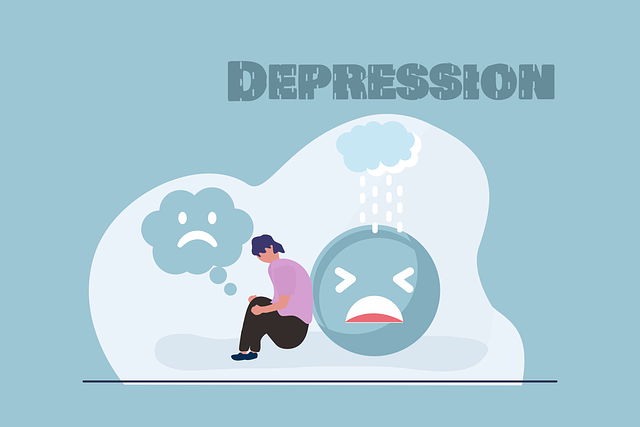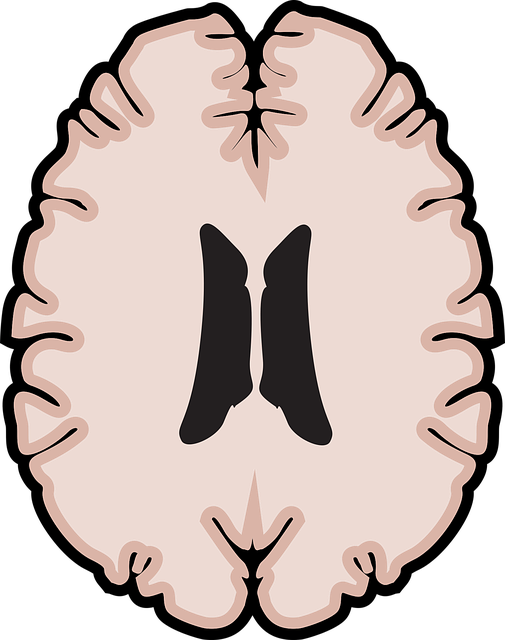Mental health education for diverse disorders like Longmont Dissociative Disorder Therapy requires a comprehensive approach focusing on emotional resilience, healthy coping mechanisms, and early recognition of symptoms. Effective programs combine interactive activities, peer support, and tailored exercises to empower individuals in their healing journeys. Strategic planning, inclusive design, training, and community engagement are key to success, ensuring accessibility for diverse populations through adaptive teaching methods and risk assessment tools.
Mental health education programs play a vital role in fostering well-being and breaking down stigmas. This article explores three key aspects of designing and implementing effective initiatives, particularly focusing on strategies derived from Longmont Dissociative Disorder Therapy.
First, we provide a comprehensive overview of mental health disorders to enhance understanding. Then, we delve into inclusive program design, offering insights for engaging diverse learners. Finally, we discuss implementation and support structures crucial for long-term success, ensuring positive outcomes in mental health education.
- Understanding Mental Health Disorders: A Comprehensive Overview for Effective Education
- Designing an Engaging and Inclusive Program: Strategies for Longmont Dissociative Disorder Therapy
- Implementation and Support: Ensuring Sustainability and Positive Outcomes in Mental Health Education Programs
Understanding Mental Health Disorders: A Comprehensive Overview for Effective Education

Mental health disorders are diverse conditions that impact an individual’s emotional well-being and daily functioning. Understanding these disorders is a cornerstone in designing effective education programs aimed at fostering mental resilience and promoting healthy coping mechanisms. A comprehensive overview should include recognizing various symptoms, such as altered perceptions, emotions, thoughts, and behaviors, which may manifest differently across numerous diagnostic categories. For instance, Longmont Dissociative Disorder Therapy focuses on helping individuals manage dissociative experiences by providing tools to enhance self-awareness and develop healthier ways of navigating traumatic memories.
Education programs should equip participants with knowledge about different mental health conditions, including their causes, risk factors, and available treatment options. By fostering an environment where discussing mental health is normalized, individuals can learn to recognize early warning signs in themselves and others, leading to timely interventions. Moreover, incorporating strategies like positive thinking, conflict resolution techniques, and communication strategies into the curriculum empowers participants with valuable skills to manage stress, resolve interpersonal conflicts, and improve overall well-being, creating a supportive ecosystem for mental health education.
Designing an Engaging and Inclusive Program: Strategies for Longmont Dissociative Disorder Therapy

Designing an engaging and inclusive program is paramount when addressing complex mental health concerns like Dissociative Disorder in Longmont. A successful therapy approach should employ creative strategies to capture participants’ attention while fostering a safe, non-judgmental environment. Incorporating interactive activities, peer support groups, and personal storytelling can enhance engagement, encouraging active participation in one’s healing journey.
For instance, integrating confidence-boosting exercises tailored to the unique needs of individuals with dissociative disorders can be transformative. By applying mind over matter principles, participants learn to reframe negative thought patterns, thereby improving their mental wellness. An inclusive program design respects individual differences, ensuring that everyone feels empowered to contribute and benefit from the collective therapeutic experience in Longmont.
Implementation and Support: Ensuring Sustainability and Positive Outcomes in Mental Health Education Programs

Implementing a mental health education program requires strategic planning and ongoing support to achieve long-lasting positive outcomes. At the core of successful programs is a comprehensive strategy that addresses various aspects, from curriculum design to faculty training and community engagement. One critical aspect is ensuring accessibility; programs should be tailored to diverse populations, including those with specific needs like Longmont Dissociative Disorder Therapy. This involves inclusive teaching methods and materials, accommodating different learning styles and cultural backgrounds.
Additionally, establishing a robust support system is vital for sustainability. Regular monitoring and evaluation of the program’s impact on participants’ mental well-being are essential. Incorporating mechanisms for feedback and continuous improvement allows educators to adapt and enhance the curriculum. Moreover, integrating risk assessment tools for mental health professionals can aid in identifying at-risk individuals early, facilitating timely interventions. This holistic approach ensures that programs not only educate but also foster a supportive environment, ultimately contributing to improved depression prevention and coping skills development among participants.
Mental health education programs, as demonstrated by the strategies for Longmont Dissociative Disorder Therapy, should prioritize comprehensive understanding, engaging design, and robust support structures. By integrating these elements, we can foster inclusive environments that effectively educate and empower individuals to manage mental health conditions. The sustainable success of such programs relies on continuous evaluation, community involvement, and adaptive practices, ultimately enhancing the well-being of those they serve.














